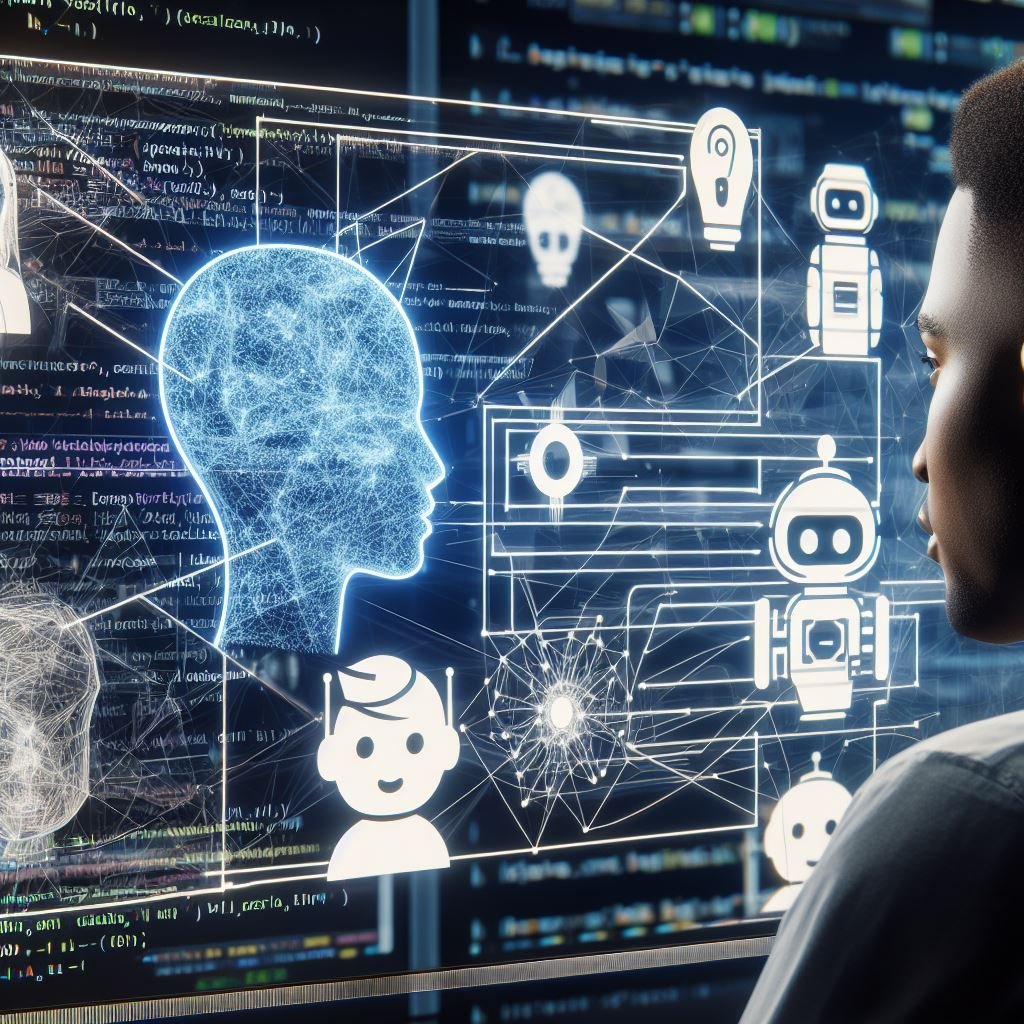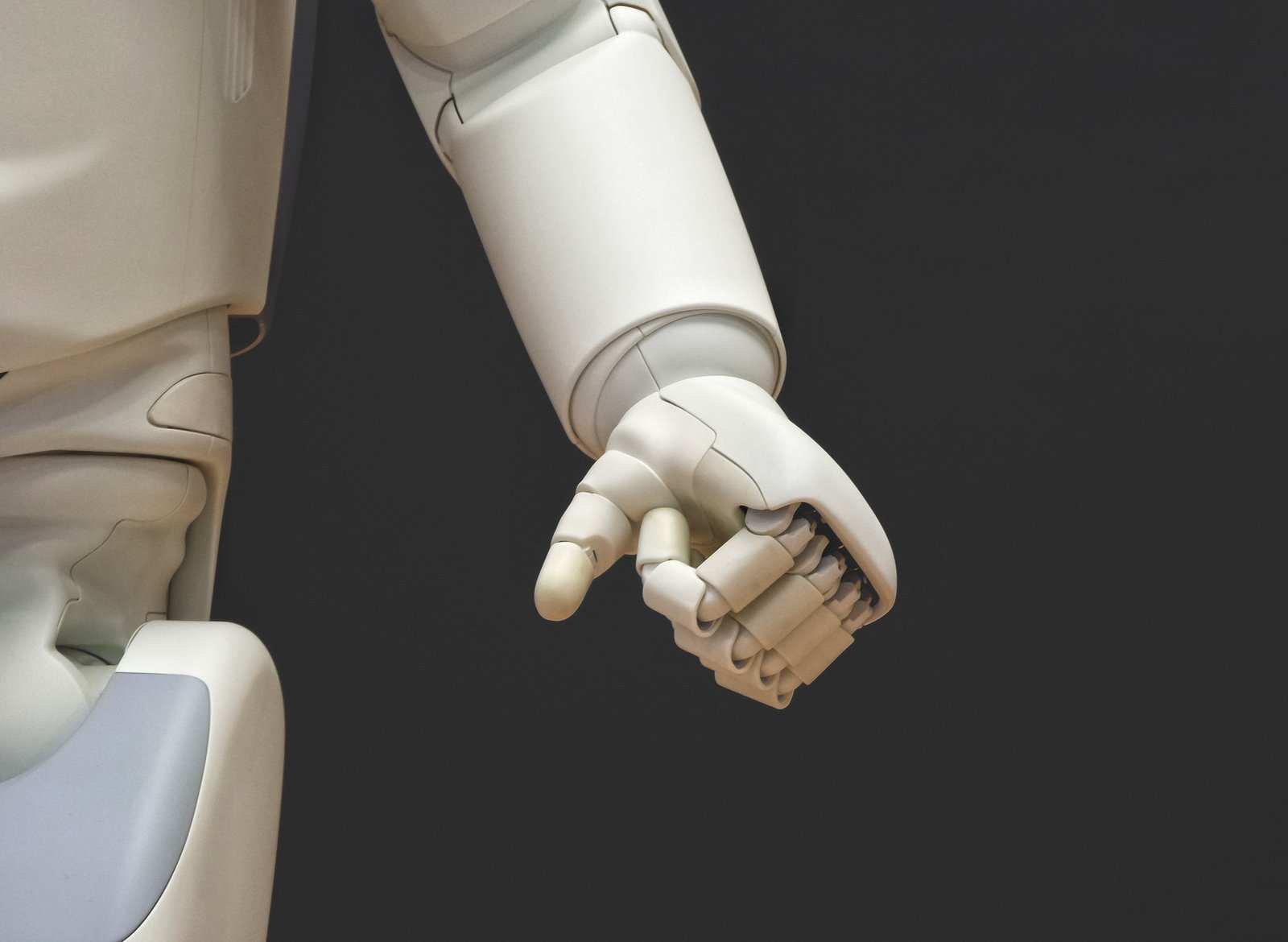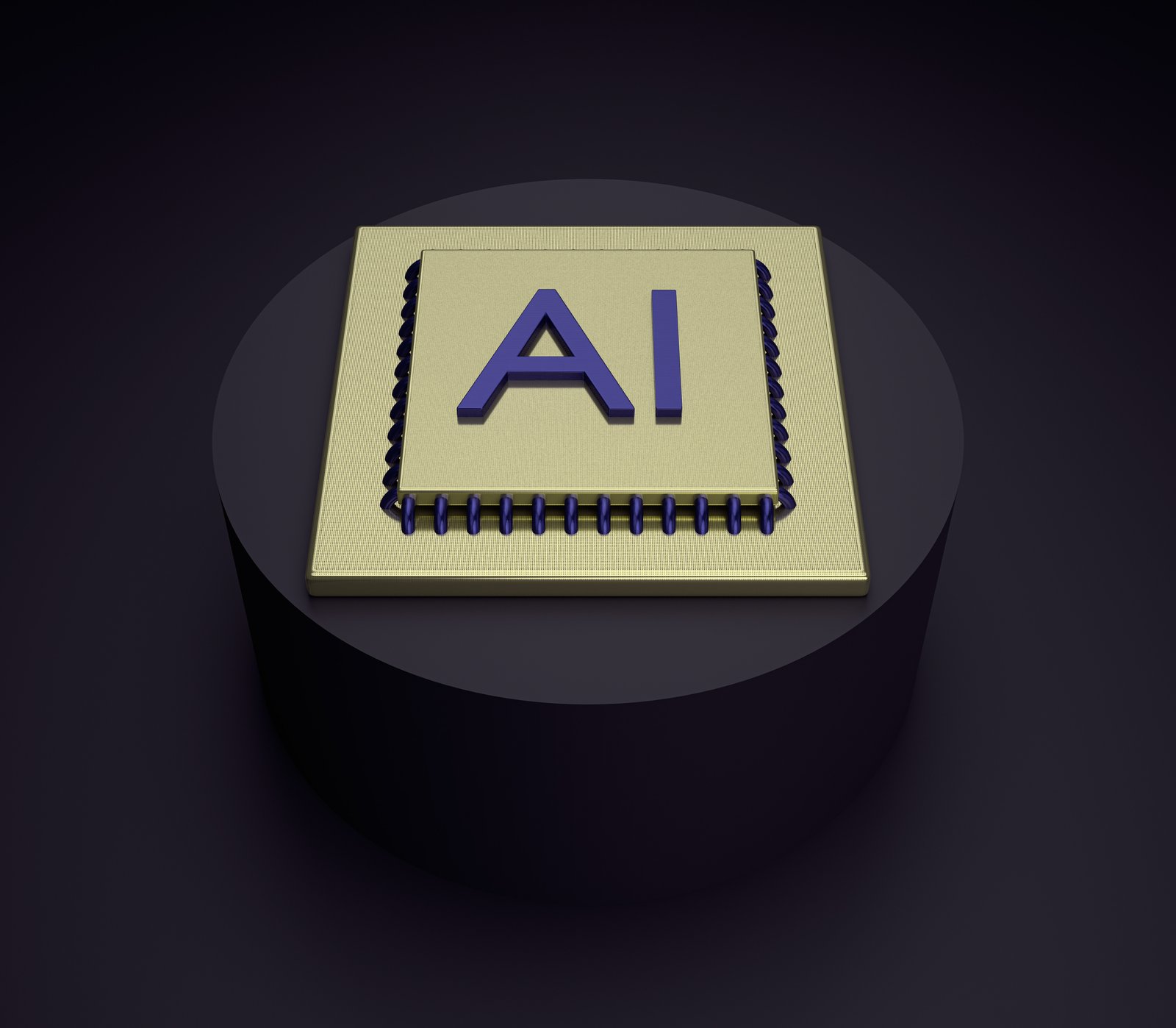
AI and Human Collaboration: Enhancing Workforce Productivity
The Power of AI and Human Collaboration
In today’s rapidly evolving technological landscape, the integration of artificial intelligence (AI) into various industries has become increasingly prevalent. While some may fear that AI will replace humans in the workforce, the reality is that AI and human collaboration can lead to enhanced productivity and efficiency.
AI has the potential to automate repetitive tasks and provide valuable insights through data analysis. This allows employees to focus on more complex and creative aspects of their work, ultimately boosting their productivity. By leveraging AI, businesses can streamline their operations and make better-informed decisions.
Complementary Skills and Expertise
One of the key advantages of AI and human collaboration is the combination of complementary skills and expertise. AI excels in data processing, pattern recognition, and predictive analysis, while humans possess emotional intelligence, critical thinking, and adaptability.
By working together, AI and humans can address complex problems more effectively. For example, in the healthcare industry, AI algorithms can analyze medical images to detect abnormalities, while doctors can use their clinical expertise to interpret the results and make informed diagnoses.
Improved Customer Experience
AI-powered chatbots and virtual assistants have revolutionized customer service by providing instant support and personalized recommendations. These AI systems can handle routine inquiries, freeing up human agents to focus on more complex customer issues.
Additionally, AI can analyze customer data to identify patterns and preferences, enabling businesses to deliver more tailored and targeted experiences. By combining AI capabilities with human empathy and intuition, companies can build stronger relationships with their customers and provide a superior level of service.
Augmented Creativity and Innovation
Contrary to popular belief, AI can actually enhance human creativity and innovation. By automating repetitive tasks and providing data-driven insights, AI allows employees to spend more time on ideation and problem-solving.
For example, in the field of design, AI can generate multiple design options based on specific criteria, allowing designers to explore different possibilities more efficiently. This collaboration between AI and human creativity can lead to breakthrough innovations and novel solutions.
Addressing Ethical Considerations
As AI continues to advance, it is crucial to address ethical considerations and ensure that AI systems are used responsibly. Human oversight and regulation are necessary to prevent biases and ensure fair decision-making.
Collaboration between AI and humans can help mitigate these ethical concerns. By involving humans in the decision-making process and continuously monitoring AI systems, we can ensure that AI is used for the benefit of society.
The Future of Work
AI and human collaboration is not about replacing humans with machines, but rather about leveraging the strengths of both to create a more productive and innovative workforce. The integration of AI into various industries will continue to reshape the future of work, requiring individuals to adapt and acquire new skills.
By embracing AI and fostering a culture of collaboration, businesses can unlock the full potential of their workforce and drive sustainable growth in the digital age.



